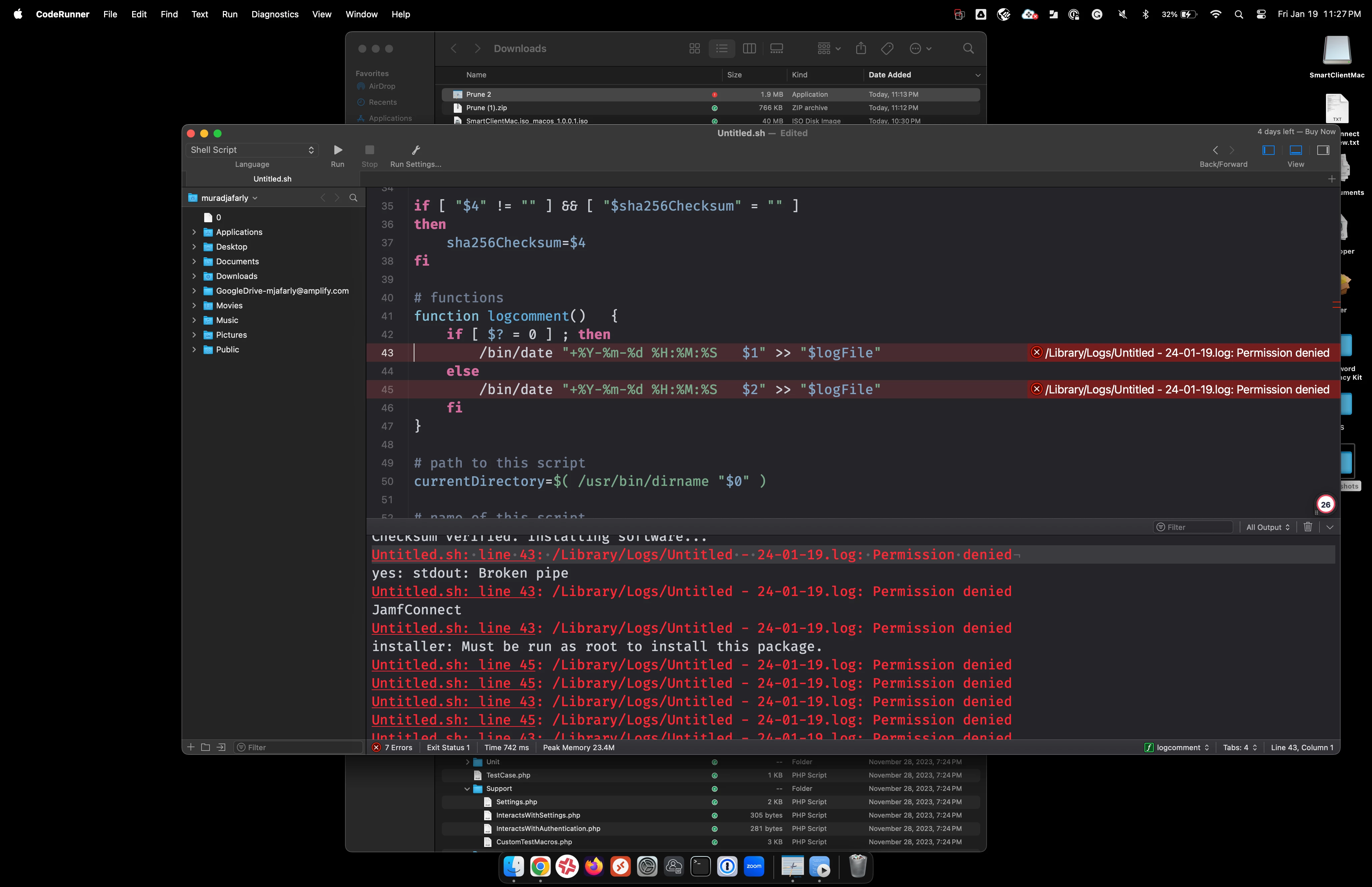Hello I have a very dumb question. What is the most common way users deploy jamf connect in their org? we are doing it where we have config profiles and policies setup and we scope it to a users computer and through pre stage enrollment is that the common way to deploy jamf connect? Are there other ways to deploy Jamf Connect I saw you can download a config profile directly to the computer




